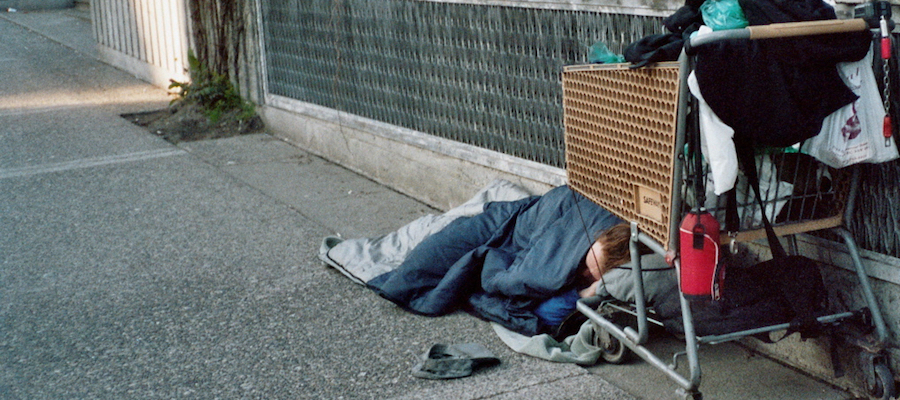Congratulations to Jagrup Brar: Time to raise welfare rates
On Tuesday, BC MLA Jagrup Brar wrapped up his month living on a basic welfare income of $610. He has returned to his family and a comfortable home. But we owe him great thanks. And kudos as well to the folks at Raise the Rates, who issued the challenge that MLAs try living on welfare themselves (Brar was the only MLA to accept the challenge), and who organized near daily activities during Brar’s month-long challenge.
Brar and Raise the Rates managed to attract a fantastic amount of media attention, and sparked a much-needed and long-overdue public conversation about the inadequacy of welfare benefit rates. Simply put, the MLA on Welfare initiative was a huge success and fantastic public awareness exercise.
Such public awareness matters. Opinion polling we at CCPA commissioned a few years ago found, for example, that British Columbians, when asked cold, are generally split evenly on the question of whether welfare rates should be increased. But if the question is prefaced by simply telling people what rates are, support for an increase jumps to three-quarters. Meaning, when people move past the myths and learn the reality of how low benefit rates are, and how hard life on welfare actually is, they don’t like it. That’s good.
While most of the coverage of Brar’s month was sympathetic, a few negative voices were heard. In particular, the Minister responsible (Stephanie Cadieux) and the Fraser Institute made a number of media interventions in defense of BC’s abysmally low welfare benefit rates. Their comments indicate they truly need to get out of the office more — they simply have no understanding of what life on welfare is actually like.
Among the key points made by the Minister and Fraser economists was that we needn’t worry about the $610 basic rate, because a majority of welfare recipients receive more (either because they have children or a recognized disability), an amount they deem “adequate.” It’s true that most welfare recipients get more than the basic rate, but calling those rates “adequate” is way off the mark.
As the National Council of Welfare notes, those on welfare with children and those with a disability still live thousands of dollars below the poverty line. And extensive research conducted by the CCPA (a study I co-authored called Living on Welfare in BC, which followed real people on welfare over a two year period, rather than just pondering numbers as the Fraser folks have) found that even those in receipt of the higher (supposedly “adequate”) rates were still frequently reliant on food banks and other charities to meet basic needs.
Indeed, we found low rates often force people to make destructive choices – such as remaining in abusive relationships – that are harmful, and for which we are all paying.
Adequate? The family welfare incomes don’t even reach the Fraser Institute’s own thin-gruel poverty line – a line that is itself significantly lower than every other low-income measure produced in the country.
The government and Fraser Institute maintain they don’t want welfare to be “attractive.” Well, we are a long way from that. The reality is that life on welfare is a day-to-day struggle in which all one’s time and effort is spent merely meeting basic needs for food and shelter, which ironically makes it harder to find work.
If Brar’s month-long experiment teaches us anything, it is that rates need to be substantially higher, and that we need a better – more rational as well as compassionate – way to set welfare benefit rates. That’s just what Steve Kerstetter proposed in his 2006 CCPA-BC policy paper A Better Way to Set Welfare Rates. It is unconscionable that governments are content to hold welfare rates frozen year after year, as inflation eats away at the real value of a welfare cheque. And currently no clear rationale guides the setting of rates. Instead, rates should be tied to the actual costs of basic needs (ensuring that shelter, nutritious food, clothing, transportation, and other core needs are affordable) – something that is clearly not the case today. And then benefit rates should increase annually in line with inflation.
Topics: Poverty, inequality & welfare


